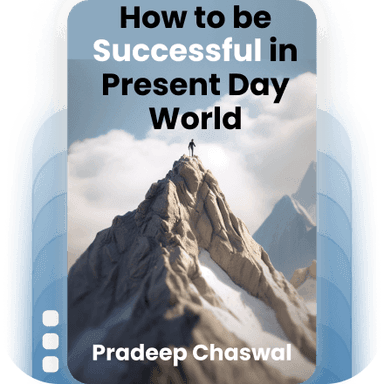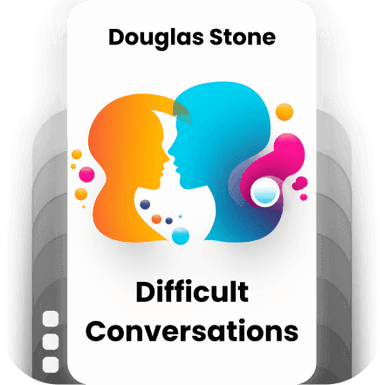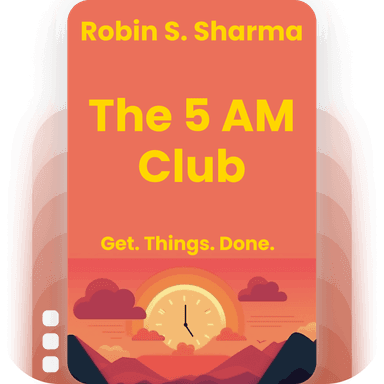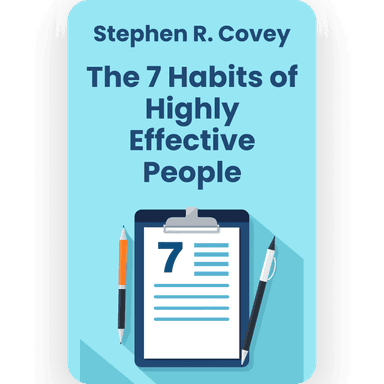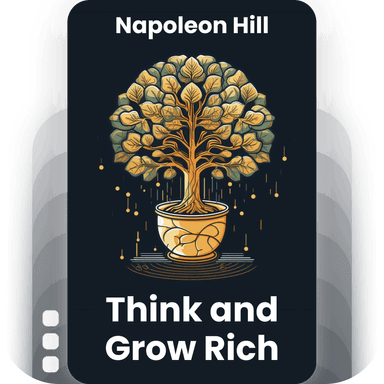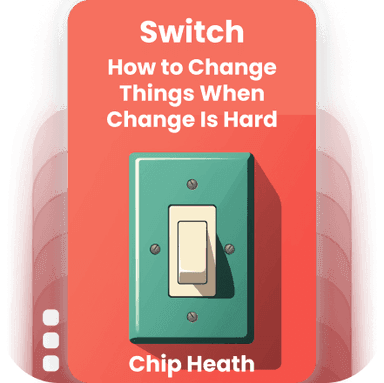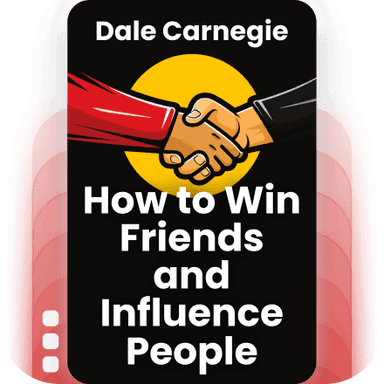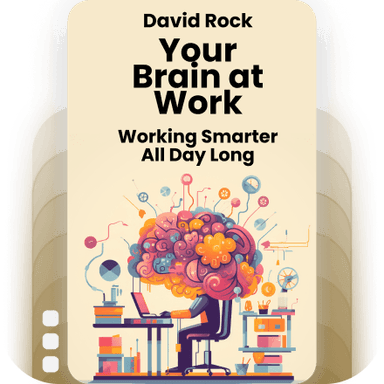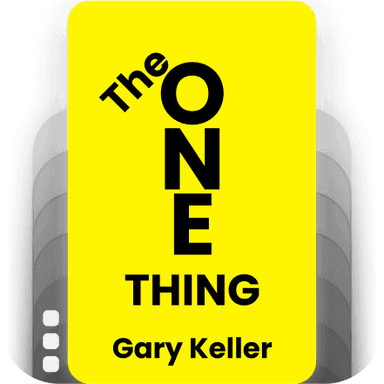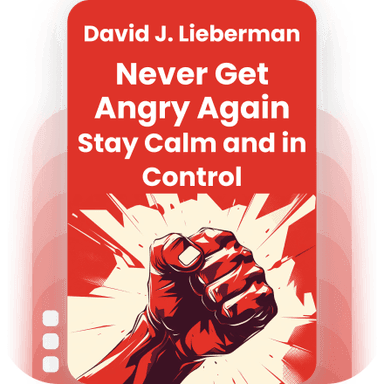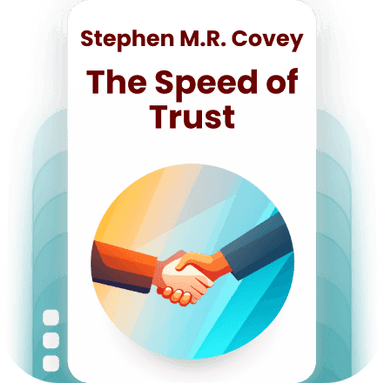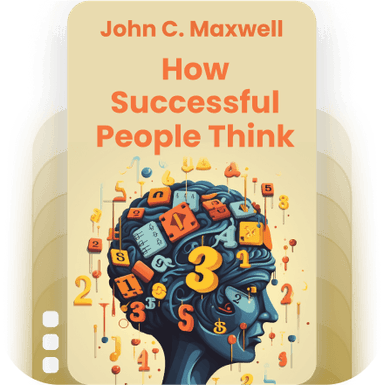
The Lean Startup
Eric Ries
4.8 - 5 ratings
10
List Points
10
Chapters
5
Topics
Description
Eric Ries offers a revolutionary approach to managing startups that focuses on using a continuous cycle of innovation. His methodology, known as the 'Lean Startup,' emphasizes creating a minimum viable product (MVP), validated learning, and iterative product releases to effectively meet market demands. By adopting this method, entrepreneurs can test hypotheses in real-time, gather customer feedback, and pivot their business strategies promptly, reducing waste and increasing the likelihood of success. The ultimate goal is to build sustainable businesses by enabling rapid experimentation and validated development rather than relying on traditional, rigid business plans.
What will you learn?
By delving into this book, you'll grasp the essential principles of building a successful startup through a methodical approach that enhances efficiency and minimizes waste. You will learn how to implement validated learning, rapid experimentation, and iterative product releases to swiftly adapt to market demands. The book elaborates on leveraging metrics to make informed decisions, the importance of a feedback loop, and pivoting strategies to refine your business model. By the end, you'll be equipped with actionable insights to foster innovation and sustain growth in a highly competitive environment.
Who’s it for?
• Entrepreneurs looking to build successful startups.
• Business students studying innovative business methodologies.
• Managers seeking to implement lean practices in their teams.
• Innovators aiming to bring new products to market efficiently.
• Investors wanting to understand modern startup strategies.
Categories
Key Learning
Available chapters to listen for this topic- 1
Introduction to the Lean Startup Methodology
Understanding the core principles of the Lean Startup approach, including the concepts of rapid experimentation, validated learning, and an iterative product development cycle designed to reduce waste and accelerate growth. - 2
Start with a Vision
Defining your startup's foundational purpose, creating a compelling vision, and setting long-term goals that will drive your company's strategy and overall direction in a Lean Startup framework. - 3
Validated Learning
How to use customer feedback and data to validate your hypotheses, employing A/B testing, customer interviews, and other experiments to validate your product or service ideas before fully committing resources. - 4
Build-Measure-Learn Feedback Loop
Breaking down the iterative cycle of building a product, measuring its success through metrics and feedback, and learning from the results to make informed decisions on future development steps. - 5
Minimum Viable Product (MVP)
Crafting the simplest version of your product that can be released to early adopters in order to gather the maximum amount of validated learning with the least effort. - 6
Pivot or Persevere
Deciding when to change directions (pivot) versus staying the course (persevere) based on the insights gathered from customer interactions, market feedback, and performance data. - 7
Innovation Accounting
Establishing a quantitative approach to measure the progress of development, utilizing actionable metrics, cohort analysis, and validated metrics to ensure accountability and guide strategic decisions. - 8
Lean Thinking and Experimentation Culture
Fostering a workplace culture that encourages continuous improvement, rapid prototyping, and a willingness to experiment and fail fast in order to innovate more effectively. - 9
Sustainable Growth
Identifying and leveraging growth engines (viral, sticky, and paid growth models) that can drive long-term sustainable growth while maintaining lean principles in scaling operations. - 10
Continuous Deployment and Adaptability
Implementing a continuous delivery system and focusing on adaptability to ensure that your startup remains agile and responsive to market changes, evolving customer needs, and competitive pressures.
